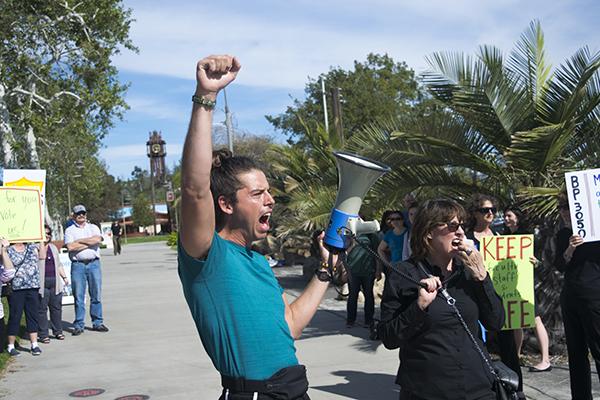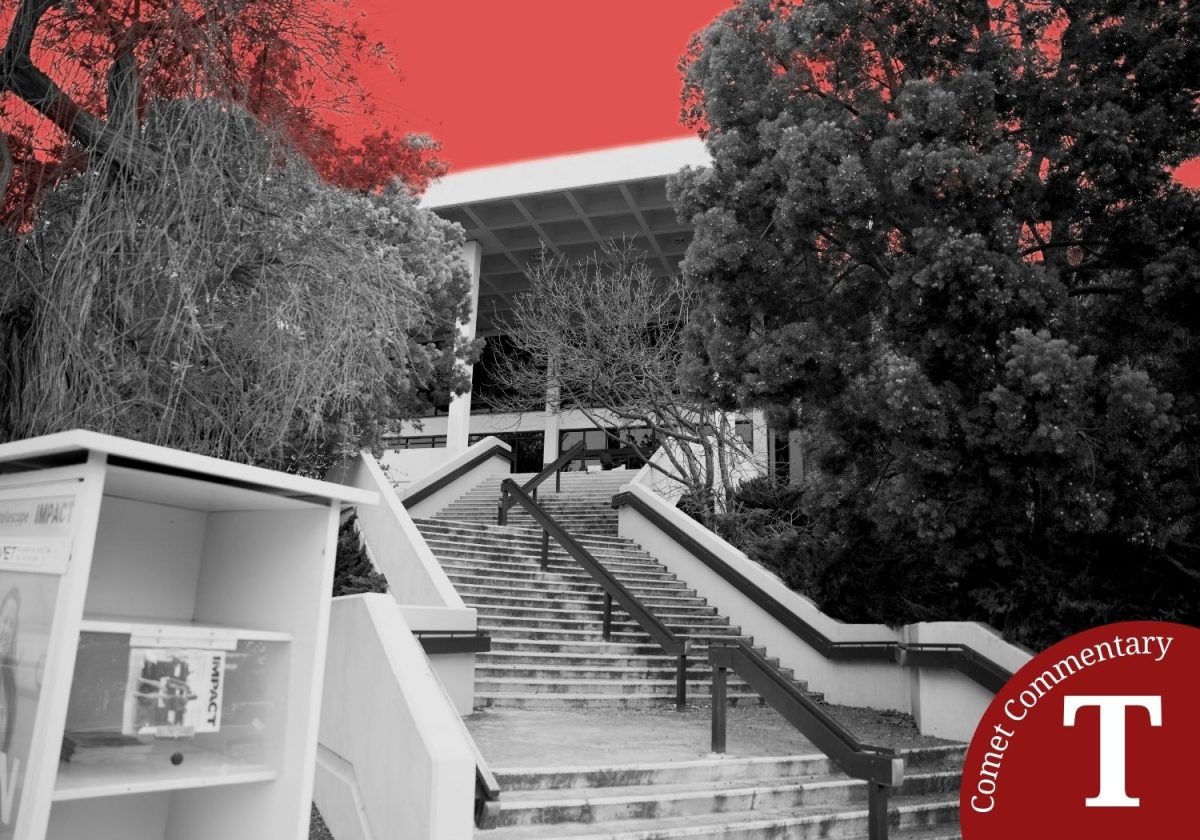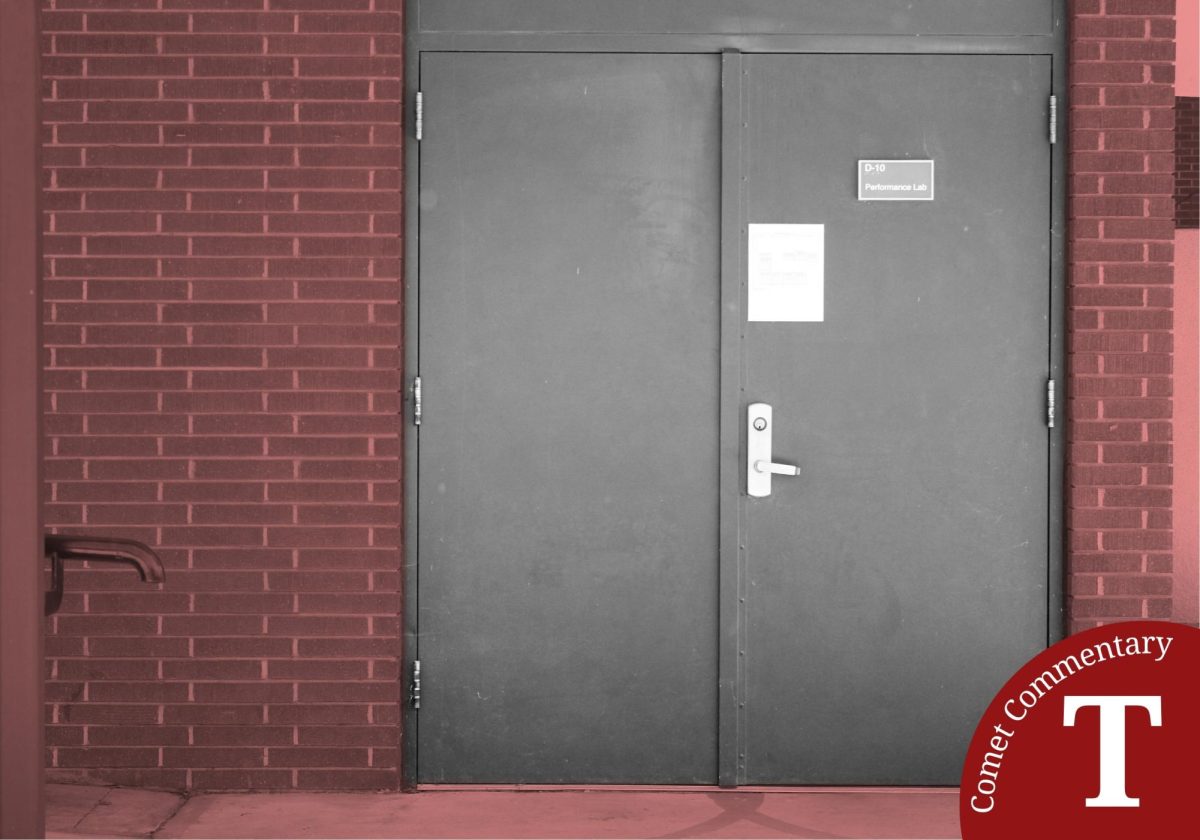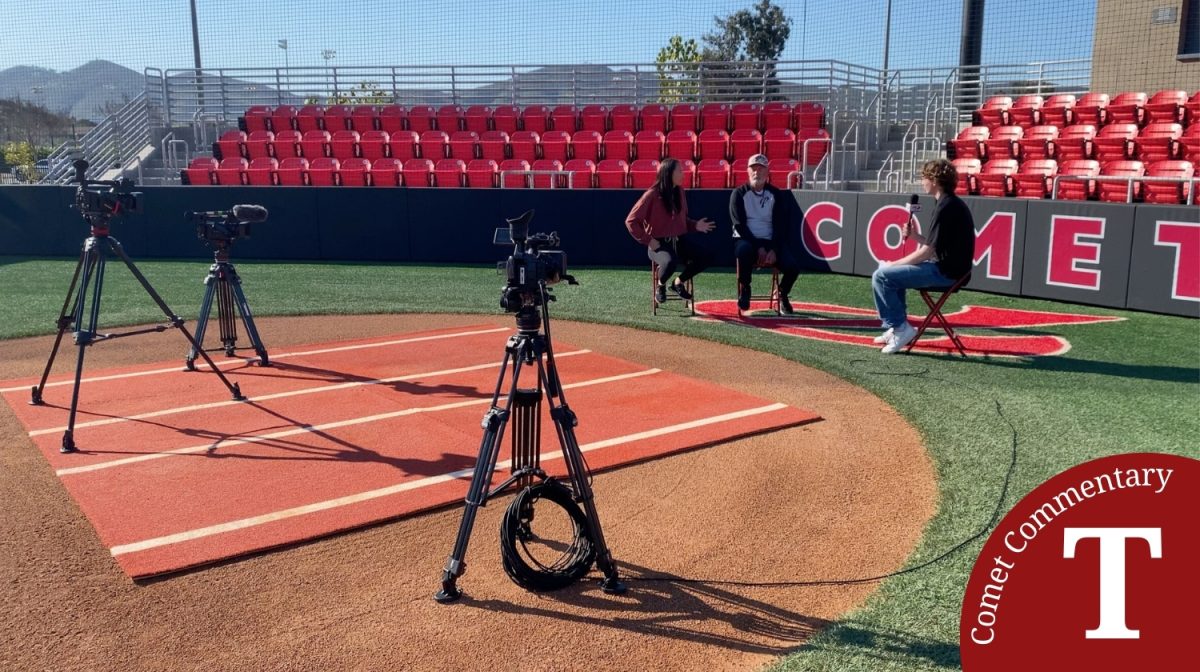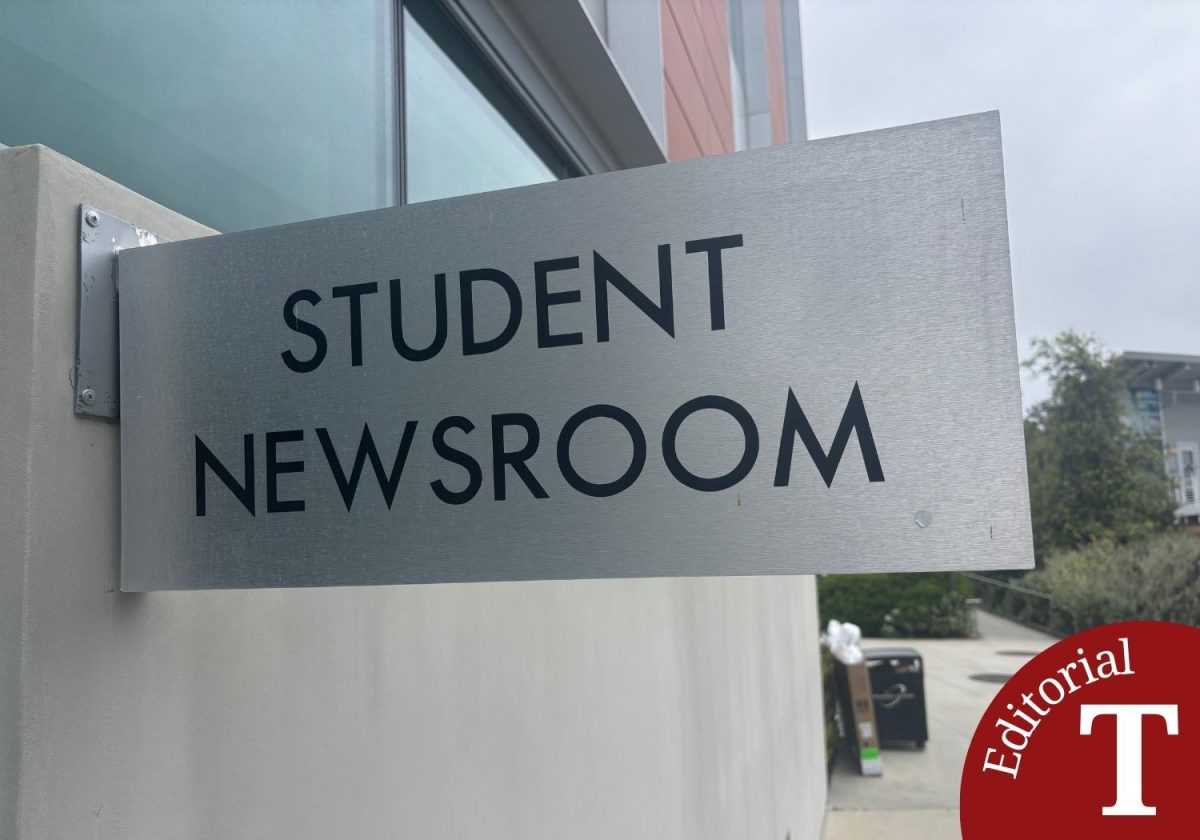To the Editor:
…
The main question I would like to pose to the editors is this: why would a significant group of normally calm tenured professors take such extraordinary actions, including engaging their Union representatives for support, holding a public rally and producing an informational flyer that was clearly designed to bring this situation to the public in a very forthright manner? The answer to this question is crucial, and was unfortunately completely missed in the editorial.
…
This is a very serious issue involving 1) the creation of a hostile workplace and 2) the rights of employees to work free of fear of retribution and/or retaliation. At the specific request of a group of faculty colleagues, the PFF provided moral support and a plan of action to address the emergency-level problems. Approximately 100 people – faculty, staff, students and community members – supported us in the rally as we voiced our need for a safe and fear-free workplace. We were being prevented from focusing on what we were hired to do: serve our students to the best of our abilities.
…
The editorial itself had a rather aggressive tone, and made several unsubstantiated assumptions and criticisms of the union:
1. The second and eighth paragraphs asserted that the union was ignoring due process. This is untrue; every proper avenue to resolving this issue has been explored.
2. The editorial stated the union’s “process” ignored the sensitivity of the alleged victims of this issue. In fact, those very victims requested PFF support in their fight for a harassment-free workplace, and have been onboard with every step of this ongoing battle. The writer made an assumption about the “supposed” victims – “the faculty complaining of sexual harassment likely preferred to keep the information private.” This is not a statement of fact, but a projection of the writer’s own imagination (hence the term “likely”). In fact, the victims are behind the PFF’s actions 100%.
3. A flyer announcing the rally was criticized as resembling propaganda material and “promotes a sensationalist environment unwarranted and distracting in a college environment.” Considering that this flyer and event were created by a large group of full-time faculty should have raised the question of why such a media piece was deemed necessary to get the attention of the press and Administration. Instead of asking that question, the editor simply reacted to the flyer itself (cleverly designed by a faculty member) without thoroughly investigating the reasons behind it. Whistleblowers are usually accused of being over the top to discourage them from coming forward.
4. The disclosure that the Telescope is itself a product of a Department in the affected Division stated “nor are we making a statement against the allegations put against him” was buried in the middle of the piece, but should have been at the very top or bottom of the editorial. The tone was clearly supportive of how the Administration was handling this, and was extremely negative towards the PFF and its actions on behalf of aggrieved faculty and classified staff.
5. The piece states that the flyer’s allegations were not “diligently verified for accuracy”. To my knowledge, the Telescope did not request, and nor was privy to the specifics, but the Administration and Board of Governors were informed of every last detail. The editorial was written without full knowledge of the extreme nature and details of these allegations, and so to put forth such a strong opinion seems to not represent the best of investigative journalism.
6. The last two paragraphs were also revealing, and somewhat threatenooing. They point out that these actions set up the PFF for a potential lawsuit – do they have some information about this that the “supposed” victims do not? The last paragraph implied that the PFF did not allow the College to fulfill a proper investigation. In truth, the PFF encouraged the faculty to cooperate with the College’s “investigation” completely – although it appeared to many of us who participated that there was already an anti-faculty agenda in place. If the College approaches the PFF with transparent plans for a truly unbiased investigation with no prior agenda, that would be ideal, and in fact has been requested from the first month of the tenure of this Dean.
…
In the light of the Telescope’s Feb. 16 editorial on standing up for one’s rights, this article seemed to take the stance that the rights of Faculty at Palomar College do not deserve the same kind of support. “All we’re asking is that you stand up for your beliefs and lend voice to those values you hold dear. Voice your emotions: your fear, your outrage, your love. Speak up!” The PFF, at the explicit request of faculty who have experienced nightmarish workplace conditions, is doing exactly that: publicly speaking up. And in that action, they are doing exactly what we teach our students everyday – do your thorough research, weigh each fact carefully, consider the perspective your sources, and use your critical thinking skills to come to a conclusion.
Ellen B. Weller, Ph.D.
Professor of Music
Director, Palomar Symphony Orchestra
Performing Arts Department

